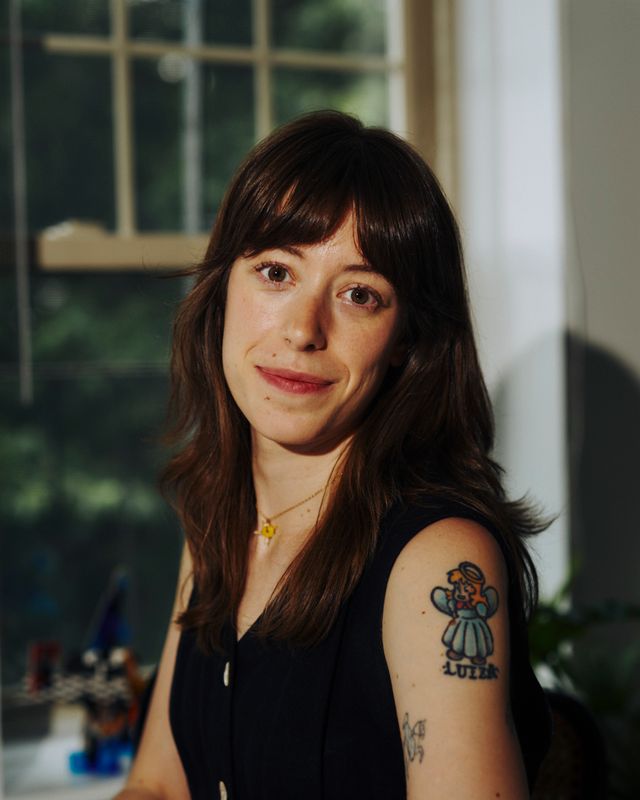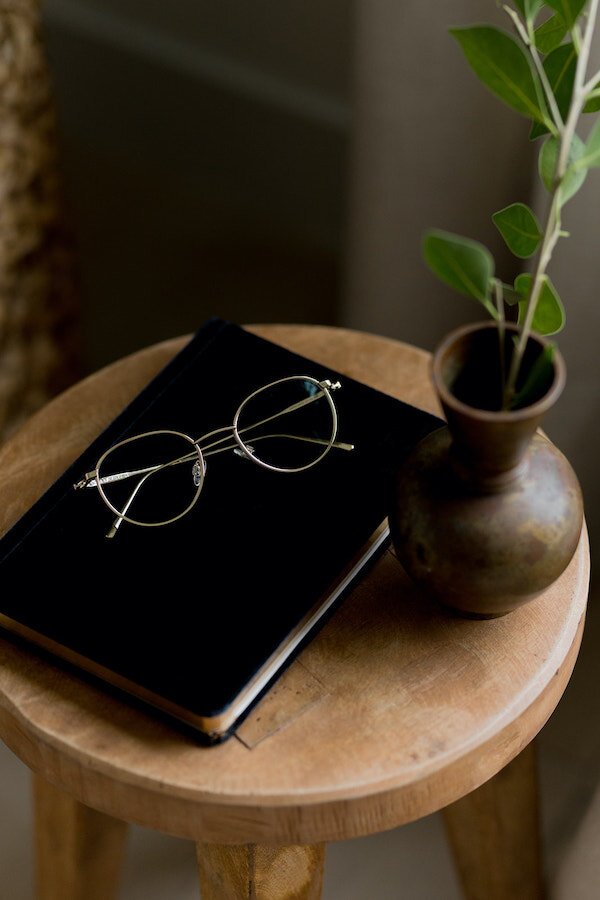
What Is Writer’s Block? And How To Open Up Again
I suffer from it. Coleridge suffered from it, so did Graham Greene. Joan Didion too. It turns out I’m in very good company with this writer’s block of mine.
The idea is something like this: You’re working on a project — let’s say it’s a novel — and one day you reach an impasse. You sit down to write and nothing comes to mind. Or something does come to mind but you torture yourself over it, wondering if it is the right direction. You can’t commit. Perhaps this goes on for days, weeks, or months. The project stalls.
“You can’t commit. Perhaps this goes on for days, weeks, or months. The project stalls.”
Or, maybe you want to write. You finished a project and you’re starting a new one. Or you might be approaching a big project for the first time. Your first book, print article, or a project for a class. And you just can’t bring yourself to do it. There could be a million reasons why. Indeed, you really are very busy. Your loved ones do need your time. Life has gotten in the way.
Yet, the question remains: Why aren’t you writing?
What is writer’s block?
Ray Bradbury, an author best known for his 1953 classic, “Fahrenheit 451,” thought that writer’s block indicated that you were pursuing a futile path. For Bradbury, if you couldn’t think through a subject, then whatever you were trying to write was heading in the wrong direction. He thought that you should scrap it and write something that was closer to your truth, that came more easily to you.
This might be true in some cases, especially when we pursue a writing project for the sake of how we imagine it will be received. But, more often than not, writer’s block can be an indication that you’re onto something that hits too close to home. If you’re unable to think through a problem in your writing project, it’s likely because it’s tied to something in your experience that is hard for you to revisit. The very act of writing can bring up resistance too, depending on what it means for you.
“Writer’s block can be an indication that you’re onto something that hits too close to home”
The phrase “writer’s block” was coined in 1947 by a psychoanalyst, Edmund Bergler, who attributed the phenomenon to neurotic inhibition. A baroque-sounding term to the modern ear, this simply means that writer’s block represents a psychic conflict between what we want to do, say, or write — and all of the reasons we have to stop ourselves from going through with it. This conflict happens beneath the surface, so to speak, fueled by thoughts and assumptions that rarely reach the point of articulation.
A 1950 article by Bergler conducts a tour of theories about writer’s block, and refutes them one by one. No, he insists, it isn’t that the writer is talentless, out of ideas, or lazy. For Bergler, writers are always driven to write in the first place to work out an inner conflict. Writer’s block is this impulse reaching a fever pitch.
There’s no blanket answer to why we get writer’s block because we’re always dealing with our particular writing project and its relationship to our particular history. The way out of this difficulty must be similarly particular to each person.
How to work through writer’s block
It isn’t a coincidence that Coleridge’s most famous works are rumored to be opium-induced and/or the product of a dream. Or that Greene’s way out was through a dream journal. Opium and sleep are both states of reduced consciousness, when our resistances are less active and our unconscious thoughts can emerge. If writer’s block is a result of an attempt to stop ourselves from thinking about something, anything we can do to monitor ourselves less will help.
(I don’t know how Joan Didion’s technique of putting her manuscript in the freezer helped her when she encountered a block, but I like it.)
Now, I won’t recommend you try opium, but since finding a way to open up is crucial, here are some suggestions.
First, you have to want it. Because it isn’t necessarily easy. Are you willing to honestly and openly encounter what comes up? If not, that’s okay. Save this article and come back later. If you’re sick of not being able to write and ready to do whatever it takes, then you’ve accomplished the first step.
Write in in-between states. Part of the reason morning pages work so well is because, upon waking, our conscious and critical minds haven’t completely reconstituted themselves. This in-between state still allows us some access to our dreams, and that way of formulating thoughts. Other in-between states like falling asleep, traveling from one destination to another, or writing for short bursts between tasks, can also allow for more freedom.
Write without thinking about the end goal. This is pretty classic advice but it bears repeating. If you focus too much on an end goal, either a narrative conclusion or a specific venue for publication, you won’t be able to commit to following your own line of thinking that emerges in the writing process. Trying to exercise too much control will stifle your thinking, and you won’t say what you mean. Trust that giving yourself room to explore will yield the best result. I promise that others will appreciate it too.
Don’t stop. Don’t edit. Write as a writer and not an editor. It’s hard to accomplish things when you have someone standing over your shoulder and looking on. That’s the situation you recreate when you constantly zoom out and try to refine work that hasn’t had a chance to emerge yet. Try not to stop or criticize the work as you go. It will be more material for your editing process later.
You’re onto something, don’t forget. If it’s hard, it is because you’re onto something. What you have to say is important — and it’s worth it to figure this out. You’re not alone in the struggle, and speaking to other writers or to a therapist can help, too. Yes, going to therapy because you have writer’s block is a totally valid reason!
Have you experienced writer’s block? We’d love to hear your stories and the techniques that have helped you in the comments. Write away!
Ashley D’Arcy is Senior Editor at The Good Trade. She is also a psychoanalyst-in-training and holds a Master’s in philosophy from the New School for Social Research. She lives in Brooklyn with her wife and their Miniature Australian Shepherd, Rocky.




